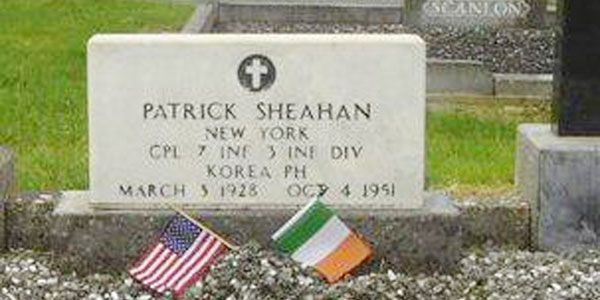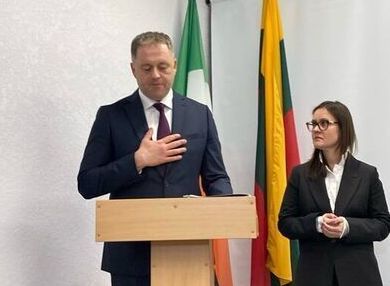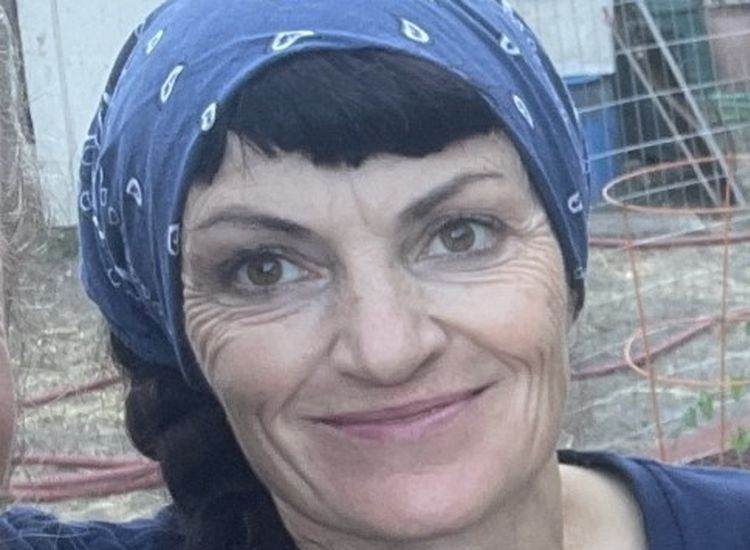Each year we honor those who have fought and died for America in wars here and around the world. There have been many wars, great and small. There have been all too many dead.
While we remember, we also embrace hope that war could just be that, a memory. Sadly, we seem unable to get beyond hope. War seems to be a constant in our world though, right now, and happily, not in America's immediate world.
But the wider world is witnessing war - the formal army against army kind, and the version that pits armies and mercenaries against innocent and helpless civilians.
In the former context, the obvious headliner is the war in Ukraine - and against Ukraine.
If we take a world view on Memorial Day we have to remember all those Ukrainians who have died and have been injured defending their country in uniform. We also remember the civilians who have died, the elderly and children among them.
Should we remember the young Russian men who have died, tens of thousands of them sacrificed on the altar of Vladimir Putin's megalomania?
We should. They, too, are victims of individuals and forces beyond their control. There are countless grieving families in Russia.
Without a hint of irony, Vladimir Putin recently marked the sacrifice of his people against the Nazis in World War Two. Without a hint of irony, compassion, guilt. Gerry O'Shea, in his column, writes about the "Banality of Evil." Putin is a standout example.
War is fought, won and lost, and often regretted, when it is too late. Memorial Day (first named "Decoration Day") followed America's Civil War and it was intended to commemorate both the Union and Confederate dead. It was, and would be, a day of healing as well as remembrance.
In an Irish context we are well aware that Irish immigrants and many of Irish descent fought on both sides in the Civil War. They faced each other eye to eye and musket to musket at battles such as Antietam, Fredericksburg, and Gettysburg.
War itself for sure knows irony. And so much more.
The Irish of course, have fought in all of America's wars when America was one side, its own side. We remember the Sullivan Brothers from World War II. We remember others such as Patrick Gallagher, who died in Vietnam, rests in his native Mayo, and in whose name a U.S. Navy ship is currently being built in Maine. We remember Corporal Patrick Sheahan, who died in Korea and rests in County Kerry.
When we say "Irish" we of course mean it in the broader term of Irish-born and Irish American.
As we remember this year, as we honor those who have given, to borrow from Lincoln, the full measure of their devotion, we must also consider war in the present, and how best to avoid it in the future.
There is all too much war in the present, most especially in Ukraine. We can only hope for an end to it sooner rather than later, a just and lasting end.
In the meantime, on Monday, May 29, we look back, we remember and memorialize.









